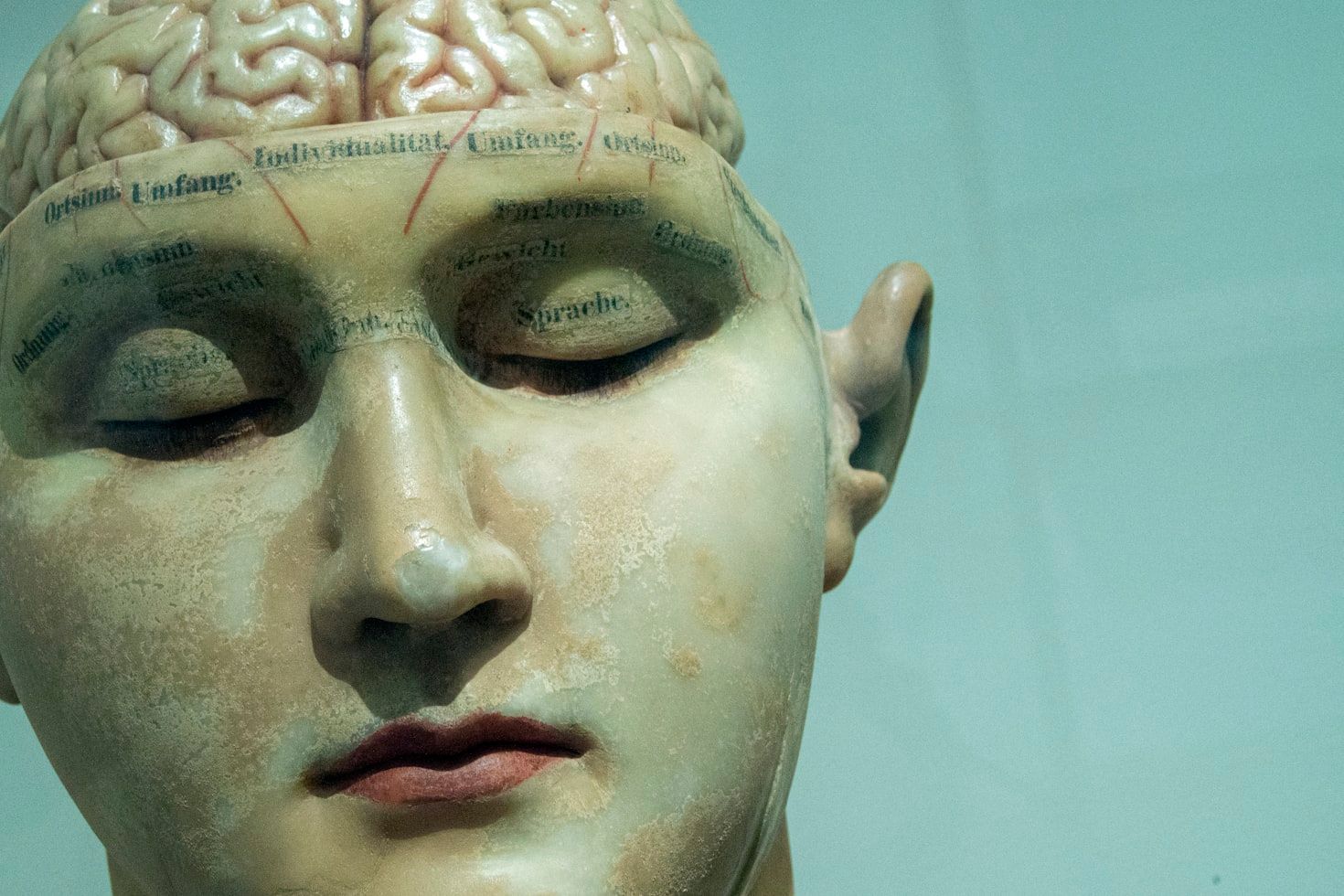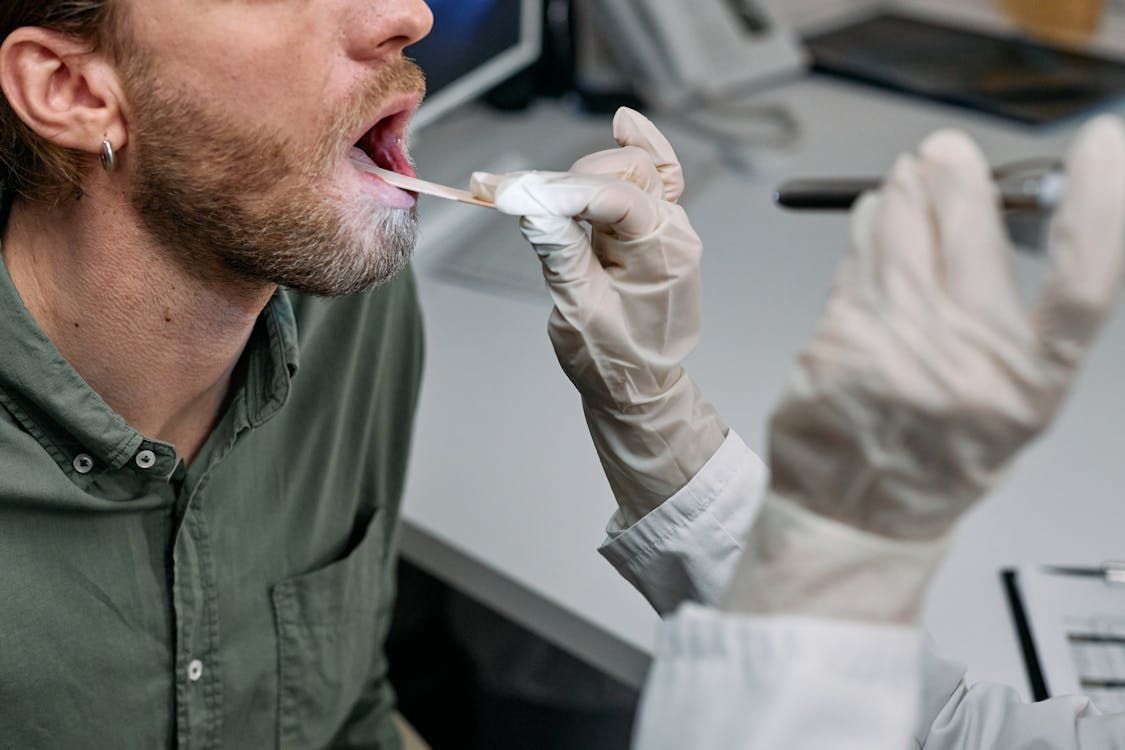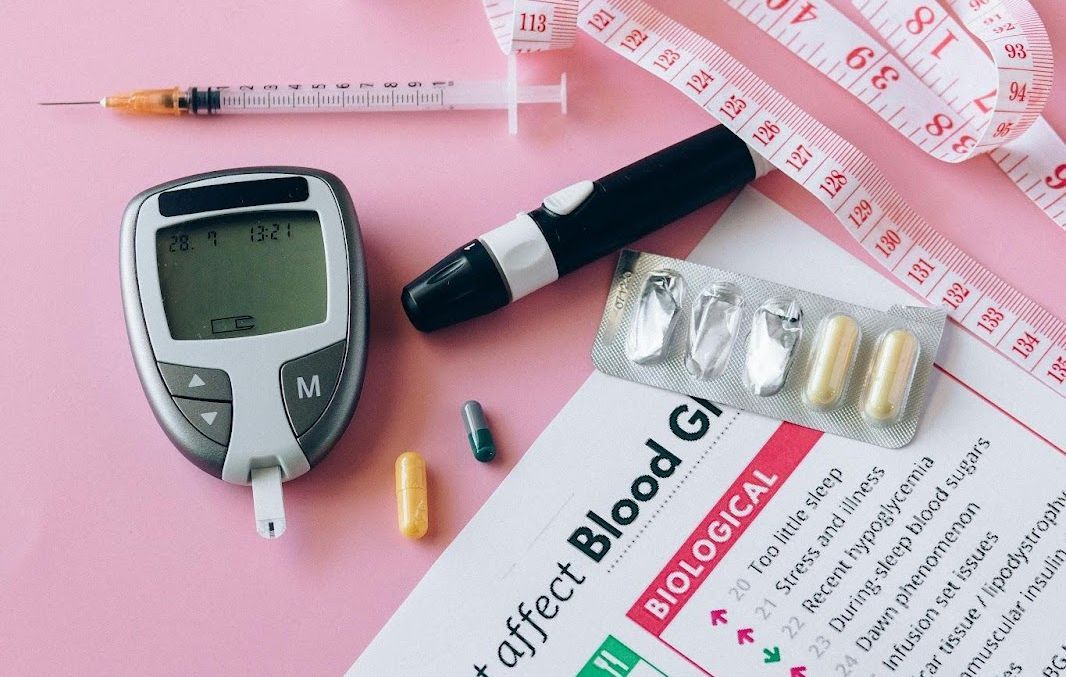Word!
Words start here: 10 criteria dictionaries use for adding new terms
Published on October 28, 2025
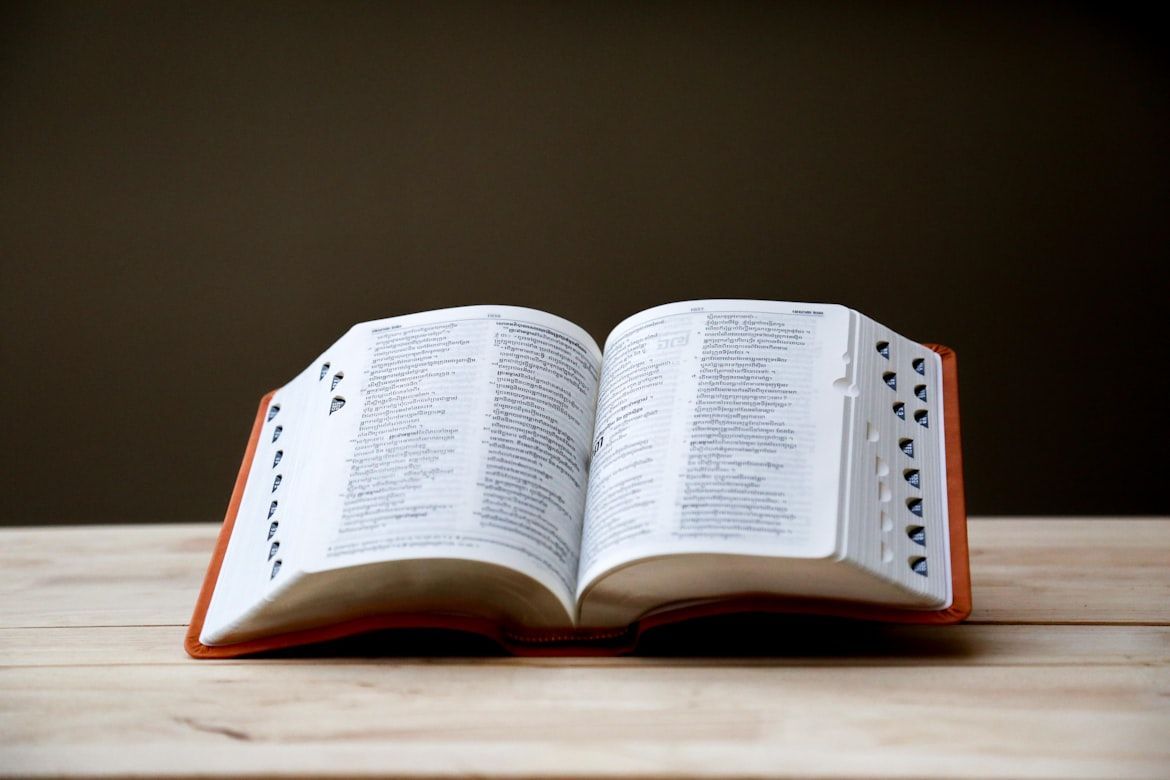 Credit: Pisit Heng
Credit: Pisit Heng
If you’ve ever wondered how new words like "binge-watch" or "hangry" end up in the dictionary, you’re not alone. Lexicographers—the editors who compile dictionaries—track how often and how widely a word is used before giving it a permanent spot. If enough people are saying it, writing it, and using it to mean the same thing, it just might be a good fit!
Finding new words
 Credit: Priscilla Du Preez 🇨🇦
Credit: Priscilla Du Preez 🇨🇦
Lexicographers track language by reading books, articles, and online content. They watch for new words, shifts in meaning, and changes in grammar.
They also study specialized terms from fields like medicine and technology, since these words often move into everyday use.
Frequency
 Credit: Kate Bezzubets
Credit: Kate Bezzubets
Frequency plays a key role in whether a word makes it into the dictionary. A word must be used often enough to become part of everyday language. It can't be a one-time trend or a fad.
Frequent and consistent use across different sources shows that it's widely understood. That’s what helps it earn a place in the dictionary.
Widespread use
 Credit: Priscilla Du Preez 🇨🇦
Credit: Priscilla Du Preez 🇨🇦
For a new word to enter the dictionary, it must be widely used across various groups. It can't be limited to a small group, niche community, or a tribal thing.
The word should appear in different contexts and be used by a broad range of people. Widespread usage shows it has become part of the common language.
Meaningfulness
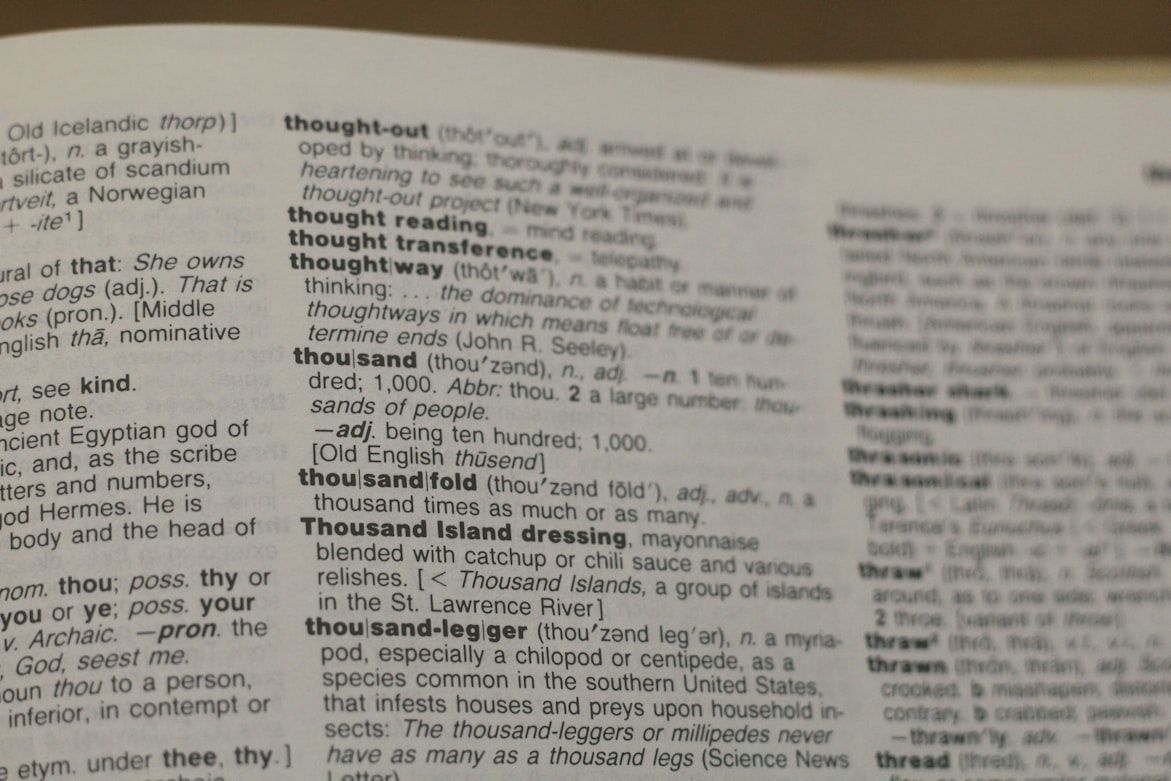 Credit: Joshua Hoehne
Credit: Joshua Hoehne
Another requirement for adding a new word to the dictionary is that it must be meaningful. It should clearly express a specific idea or concept.
If the word doesn’t have a clear, understandable meaning, it won’t be considered. Clarity is essential for a word to earn its place in the dictionary.
Longevity
 Credit: Caroline Hernandez
Credit: Caroline Hernandez
The next factor for dictionary inclusion is longevity. A word should show signs that it will stick around and not fade into obscurity shortly after emerging.
Even though language evolves quickly, words that disappear quickly or seem like short-lived trends usually don’t make the cut.
Stable meaning
 Credit: Dušan veverkolog
Credit: Dušan veverkolog
To be included in the dictionary, a new word must have a stable meaning. It should consistently represent the same idea or concept over time.
If the definition shifts too often or remains unclear, the word is less likely to be accepted. Dictionaries prioritize reliability and consistency in usage.
Citations
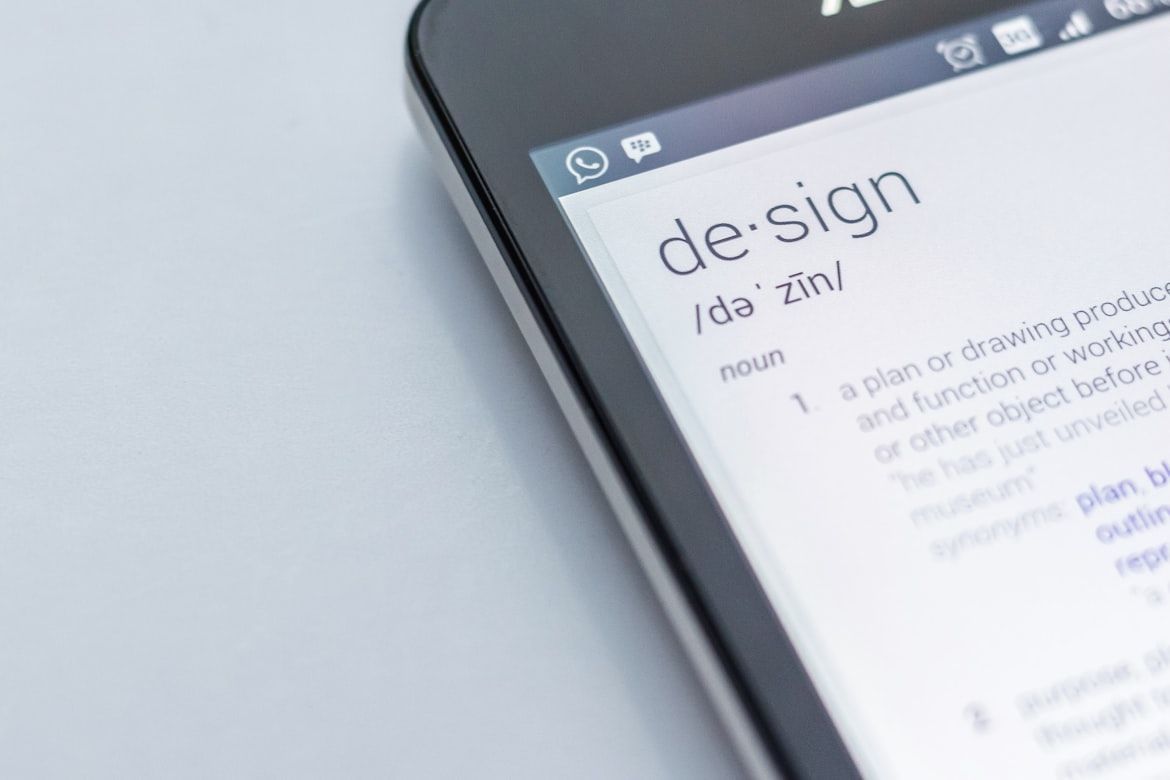 Credit: Edho Pratama
Credit: Edho Pratama
When considering the inclusion of a new word, lexicographers collect citations that show the word in context, along with the sources where it appears.
These citations help track how the word is used over time and support its case for entry into the dictionary. They are essential for verifying both meaning and consistent usage.
Editorial process
 Credit: Christin Hume
Credit: Christin Hume
After a proposed new word meets all the criteria, it is reviewed by the dictionary’s editorial board.
The board evaluates its usage and meaning, then decides whether to include it and how to define it accurately.
No proper nouns
 Credit: Clay Banks
Credit: Clay Banks
Some words, while valid, are not suited for dictionaries and instead belong in encyclopedias. Dictionaries define words, while encyclopedias explain specific people, places, or things. That’s why proper nouns usually appear in encyclopedias rather than dictionaries.
For example, a dictionary defines sly as an adjective, but an encyclopedia might list Sly, the 1920 Italian opera by Ermanno Wolf-Ferrari.
Public input
 Credit: Ziph
Credit: Ziph
Some dictionaries, such as the Oxford English Dictionary, allow the public to suggest new words and submit examples of their usage.
These contributions help lexicographers stay current with language changes and identify emerging trends.


